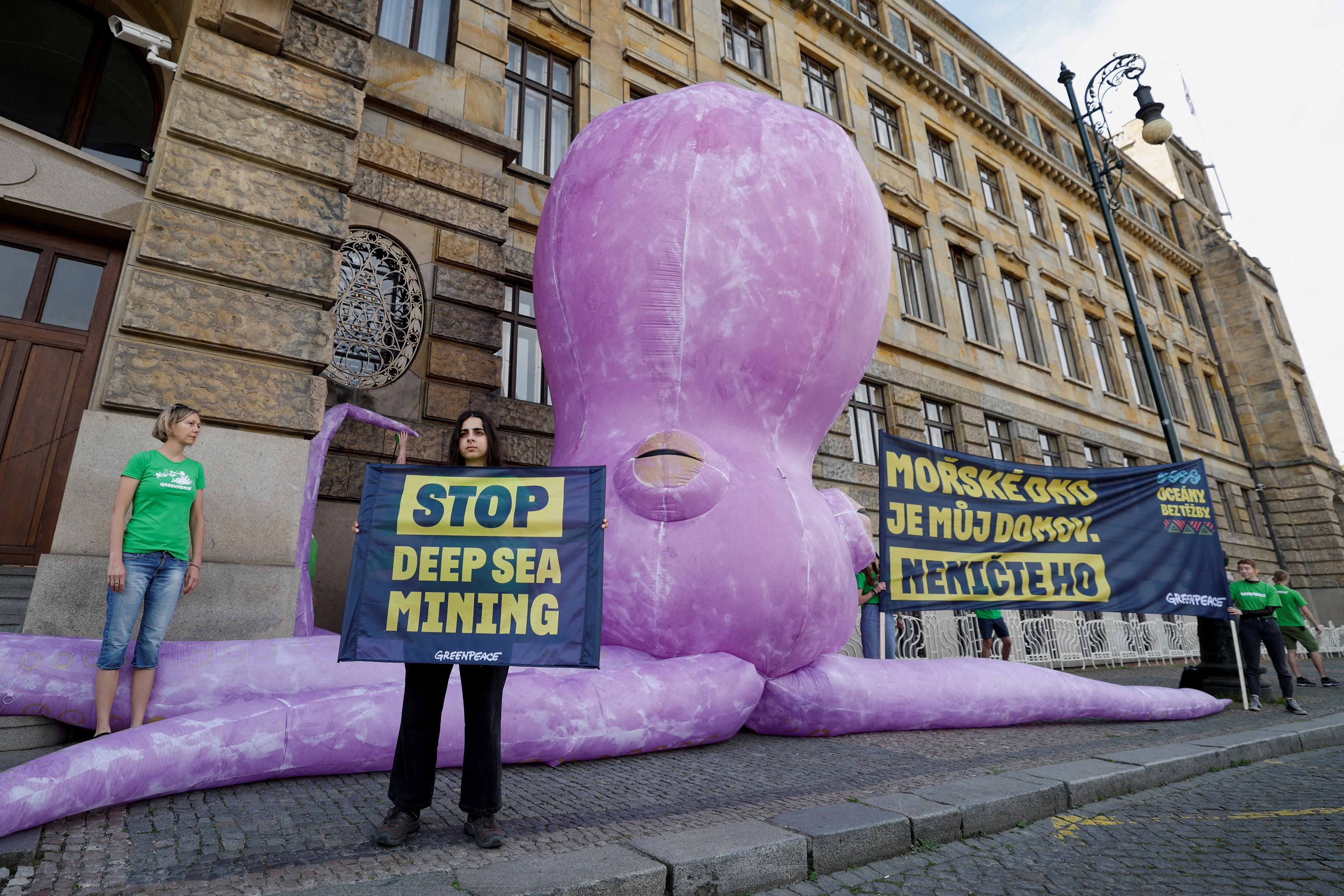Who lives in a pineapple under the sea?
Nauru wants to find out. The tiny Pacific island nation is trying to convince the global community to grant it permission to mine precious metals hidden deep beneath the oceans.
Starting on Monday, representatives from 168 countries will gather in the Jamaican capital of Kingston for at least three weeks of UN-hosted talks about whether to allow deep-sea mining in international waters. The meeting was triggered by the expiration of a two-year moratorium on the practice after Nauru filed in 2021 the first-ever application for a commercial license to harvest rocks containing metals like cobalt or copper.
There are two fiercely opposed geopolitical camps. On one side, France, Germany, and Chile are leading the charge for a pause on mining the seafloor until scientists better understand the risk to the marine ecosystem. On the other, China, Russia, South Korea and (!) Norway believe that deep-sea mining is fair game to find metals to power green tech.
Environmentalists fear that anything short of a new ban will cause irreparable damage to a part of the planet that's been less explored than the moon. But pro-mining countries argue that the world can no longer rely exclusively on unstable sources like the Democratic Republic of Congo, which produces 70% of the world's cobalt. And of course, China is keen to further dominate the global supply of rare-earth minerals.
What do you think? Let us know here.